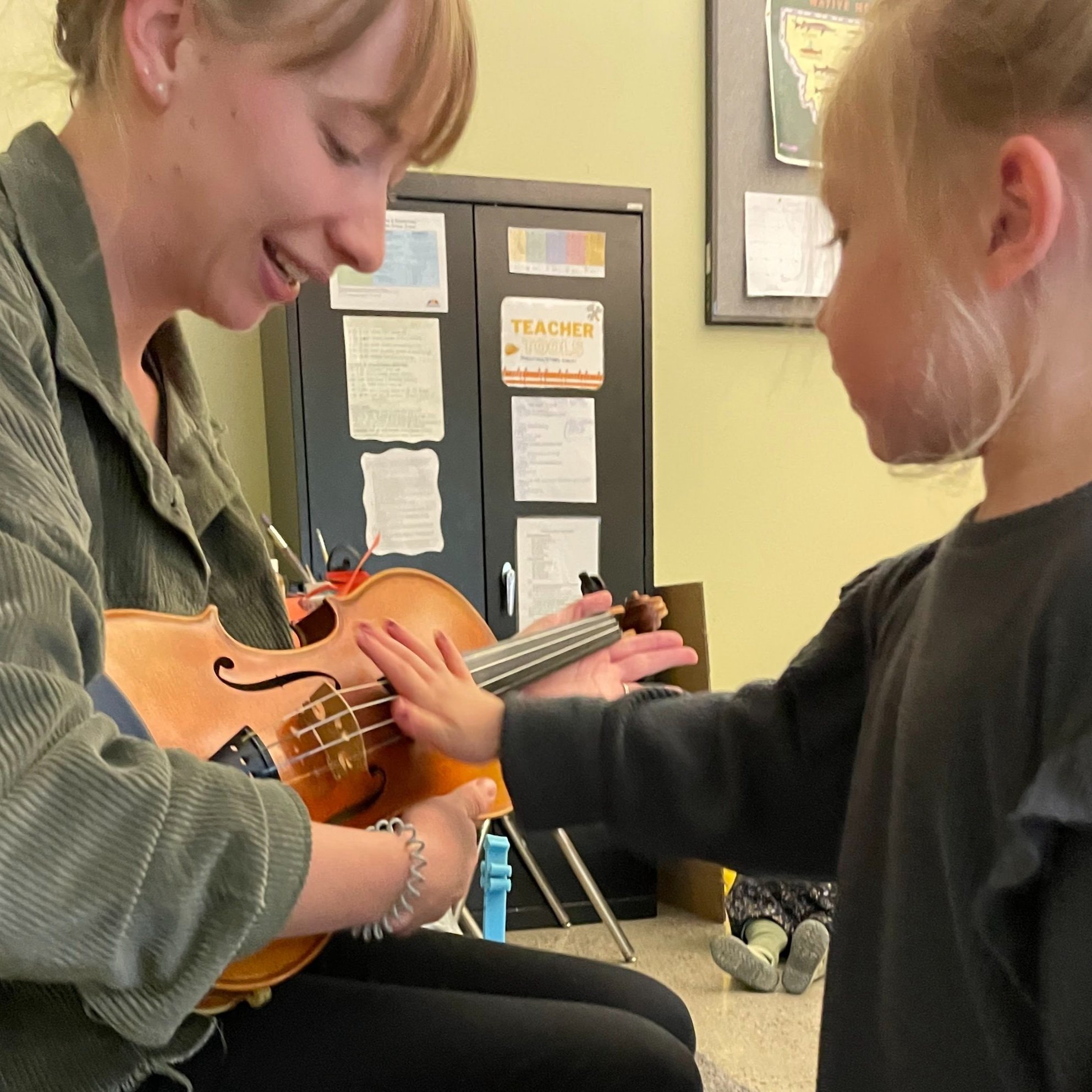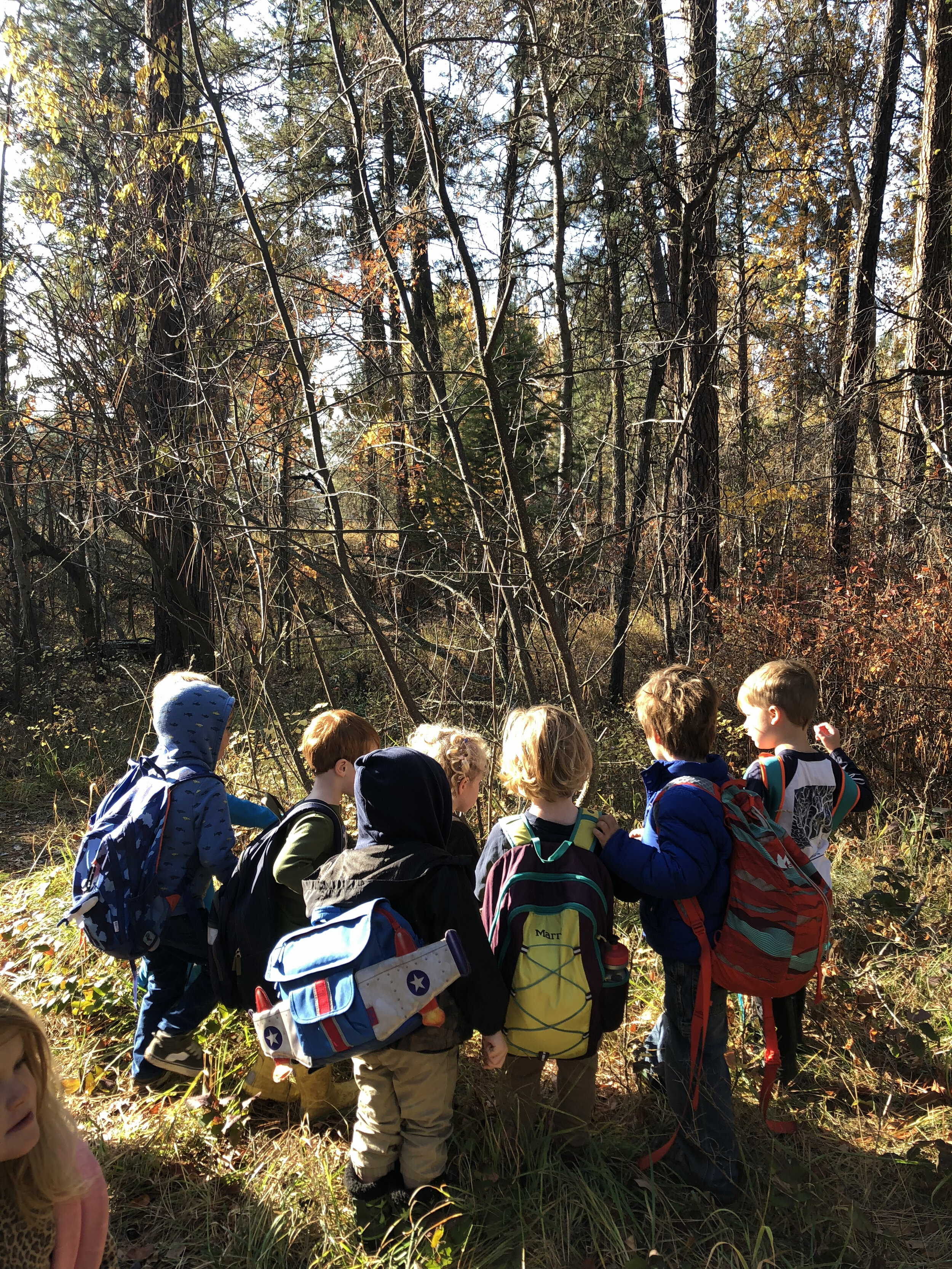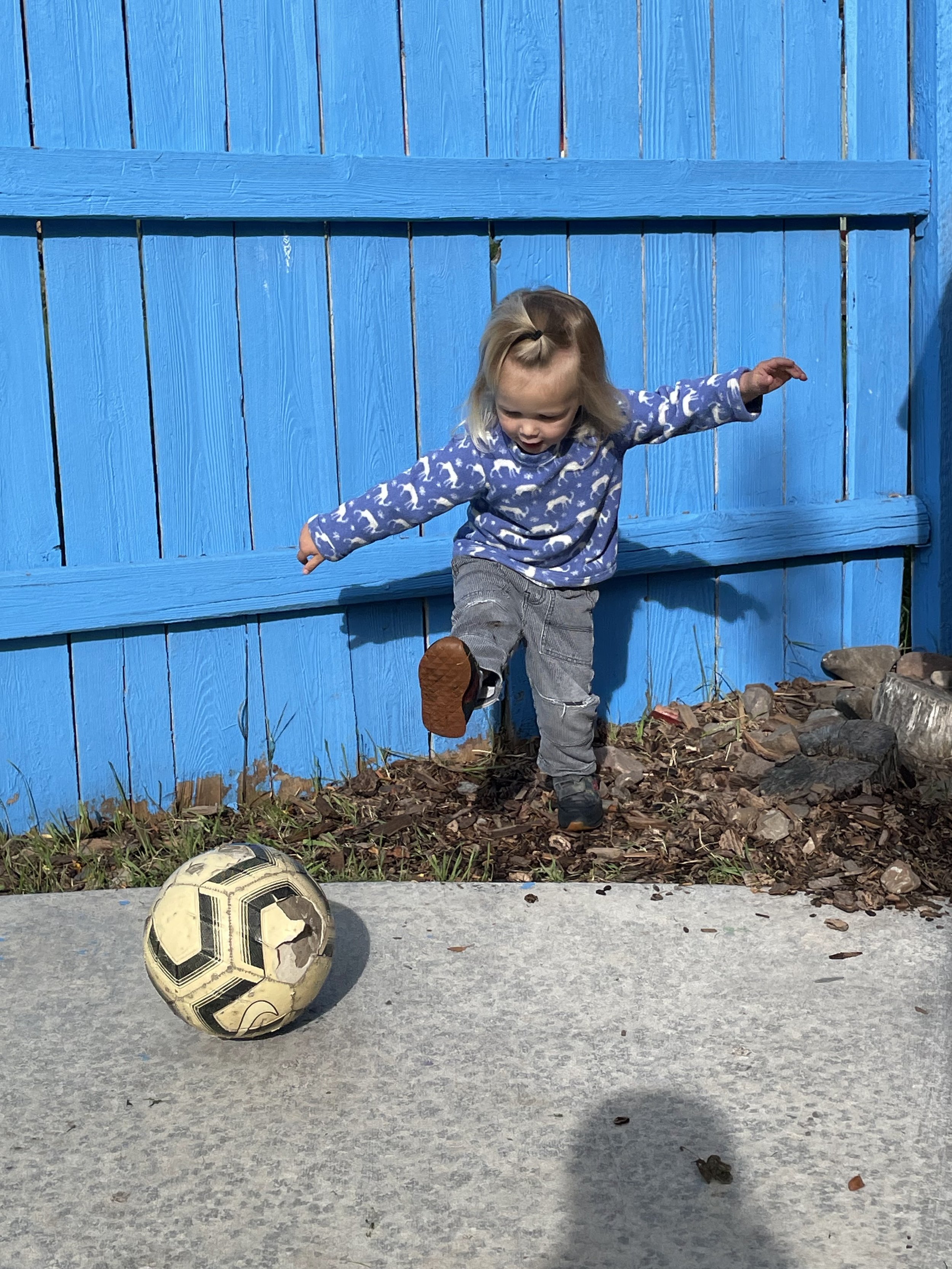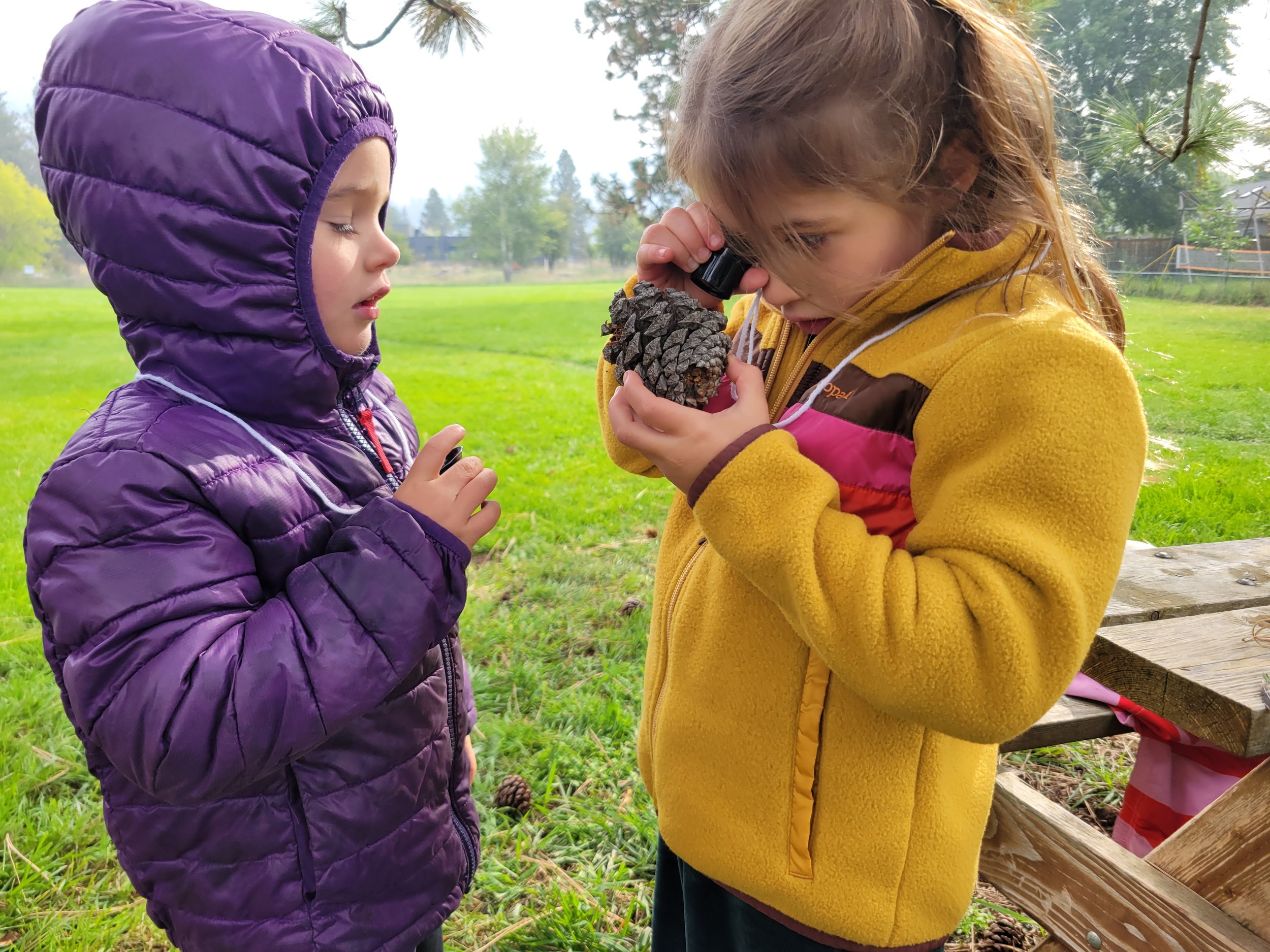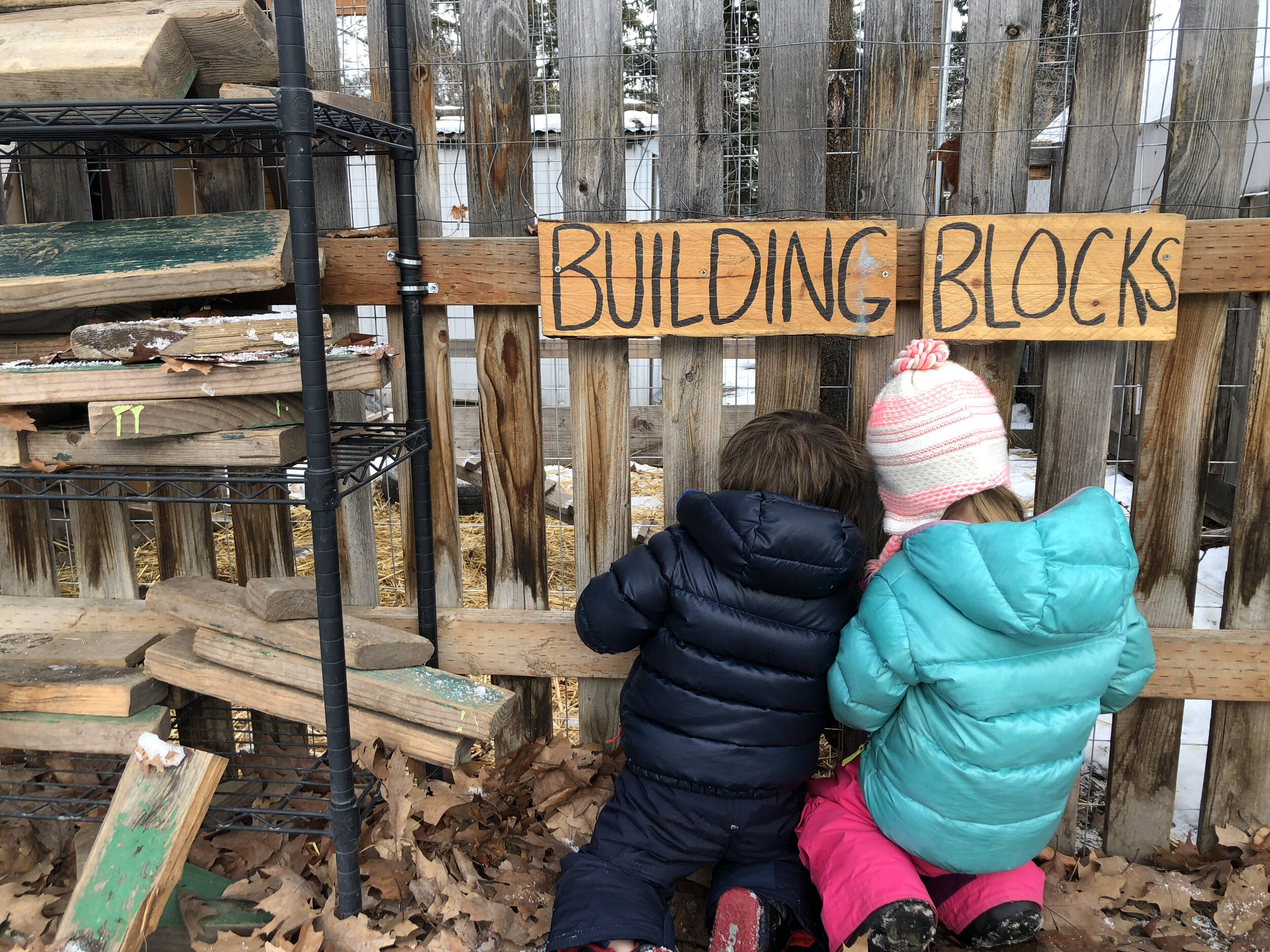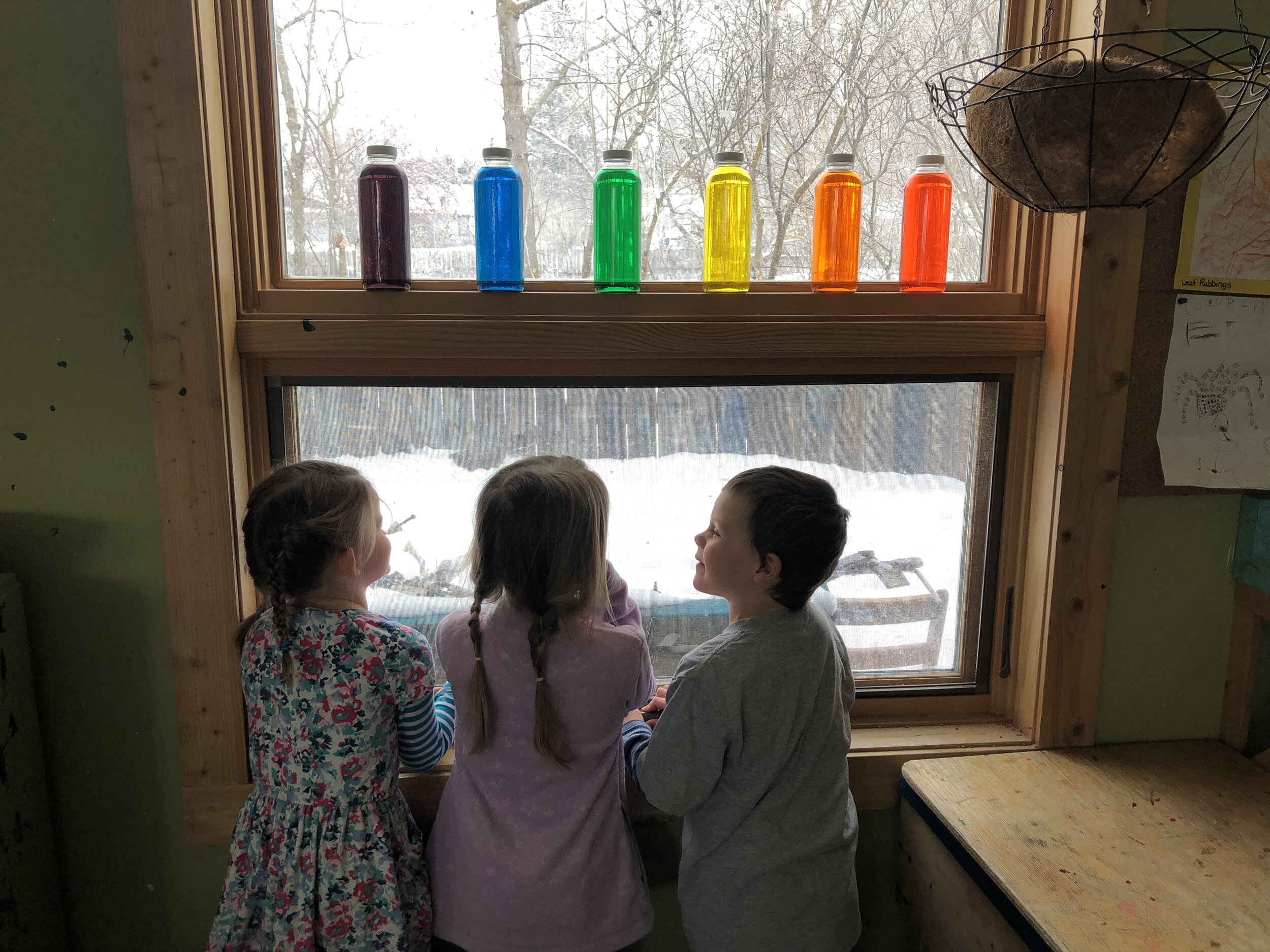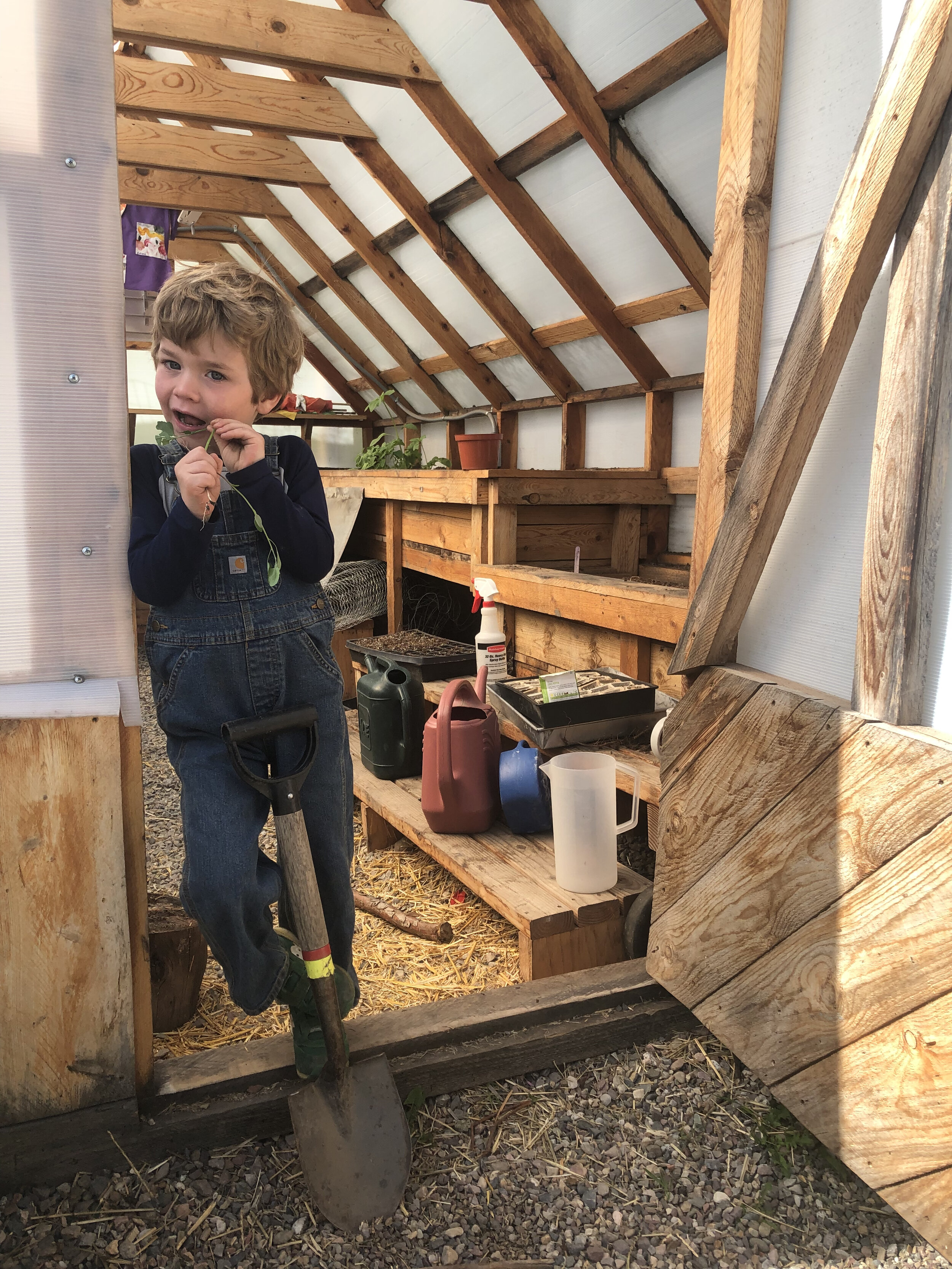Clark Fork School is an educational cooperative where experience in nature and progressive, place-based curriculum foster academic excellence and connection to local and global communities.
The Building Blocks of Our Philosophy
Each student's unique skills and talents are developed in a multi-age, continuous-progress program. Clark Fork School’s educational philosophy is based on these four principle elements: academic excellence, place-based education, nature, and community.
ACADEMIC EXCELLENCE
Clark Fork School provides a creative and personalized learning experience. We utilize inquiry-based learning designed to improve critical thinking skills and emphasize understanding. We focus on the interdisciplinary nature of learning grounded in real-world experiences. We support children with an environment that nurtures their emotional, cognitive, physical and social development. We believe every child is gifted and talented. Every child can be a successful learner.
PLACE-BASED EDUCATION
Our home and our community are the starting points for all learning. We ground lessons in topics that are important and valued in the students’ own lives. CFS provides meaningful learning experiences that generate knowledge and skills transferable to other places and situations. Our teachers help learners build a loving and respectful relationship with the world around them.
NATURE
Situated in the heart of the Rattlesnake Valley and surrounded by nature, Clark Fork School takes full advantage of the physical, mental, and social benefits that contact with the outdoors provides children. Our teachers mentor each child to establish a meaningful connection with the natural world.
COMMUNITY
Clark Fork School is a parent cooperative committed to providing high-quality learning experiences for children ages 2-6. We are a community where adults and children care for and support one another. We work through challenges together and learn to value our own role in the community. We focus on our strengths and take responsibility for our actions. Emotional awareness, positive communication, social growth and creative expression are nurtured in our close-knit community.
Preschool Philosophy
In our Preschool classrooms, our students explore and create their own learning through play. We value developmentally appropriate practice, active learning, and providing children with uninterrupted periods of open-ended exploration, both indoors and outdoors. Children are engaged in developing appropriate social interactions and learning from others' emotions and experiences. Our students have fun while learning how to navigate their world with a curious mind and a sense of creativity.
WE BELIEVE...
in and rely upon the notion that our classroom itself is a third teacher. With this in mind, we endeavor to keep materials in all the learning areas rotated, enticing and pertinent to the children’s interests, skills and needs.
in providing materials that can be utilized individually and in collaboration with others, by children with a wide range of experience and ability.
in a schedule that allows teachers to model the use of materials and engage in guided play.
that teacher facilitated projects should emphasize exposing students to new materials, skills and processes in ways that allow for the most hands-on experiences possible.
that while teacher facilitated projects ought to have sound objectives and ought not shy away from sometimes including specific directions and processes, they should also always allow for some measure of creativity, choice making and critical thinking on behalf of students.
that preschoolers are capable of and ought to be challenged to approach their work with focus and a sense of integrity.
that preschool children ought to be challenged to and supported in taking care of as many of their needs as possible at school; from toileting and dressing, to locating materials and expressing ideas. And, that they be expected to seek help whenever needed, in as polite and constructive a way as possible.
that a great curriculum for preschool should be rich in a wide variety of open-ended projects and materials flexible enough to accommodate emerging interests, relevant to enough of the students to inspire participation, instructive in basic skills and concepts and striving to balance the use of the body and brain, as well as engaging all the senses.
that children are capable of engaging in meaningful and appropriate problem solving and that all conflicts warrant thoughtful discussion and resolution.
that it is important to behave in ways that are conducive to an environment where everyone feels safe, both physically and emotionally and in which everyone has the opportunity to express themselves.
that outdoor play is crucial to the growth and development of the brain, body, and intellect.

